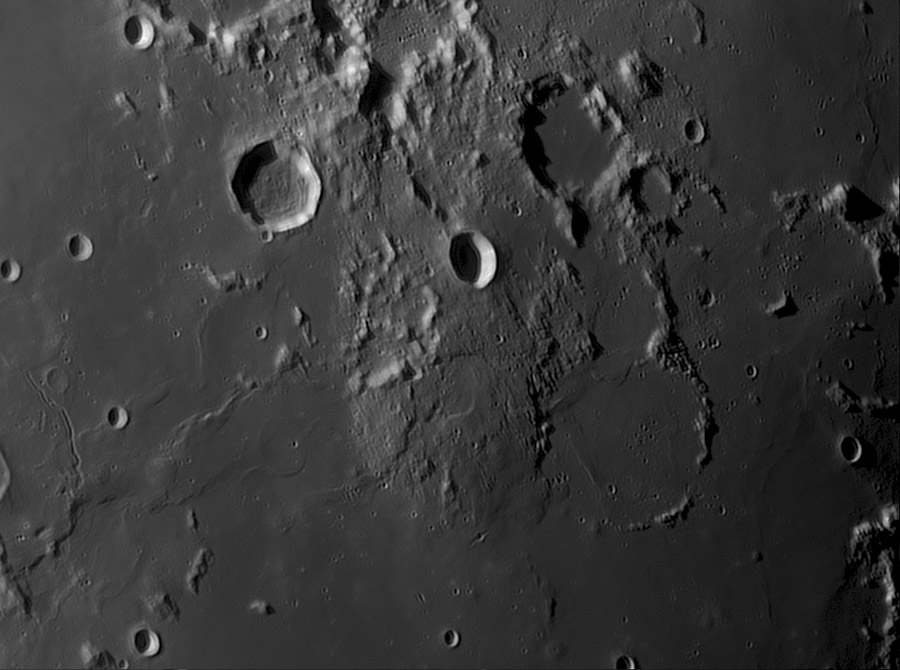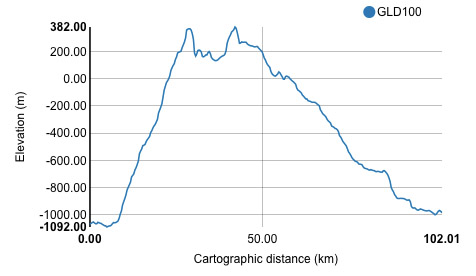Difference between revisions of "July 28, 2014"
(Created page with "__NOTOC__ =Quantified Mountain= <!-- ws:start:WikiTextHeadingRule:0:<h1> --> <!-- ws:start:WikiTextLocalImageRule:14:<img src="/file/view/LPOD-Jul28-14.jpg/5...") |
|||
| Line 2: | Line 2: | ||
=Quantified Mountain= | =Quantified Mountain= | ||
| − | + | <!-- ws:start:WikiTextHeadingRule:0:<h1> --> | |
| − | + | <!-- ws:start:WikiTextLocalImageRule:14:<img src="/file/view/LPOD-Jul28-14.jpg/517162154/LPOD-Jul28-14.jpg" alt="" title="" /> -->[[File:LPOD-Jul28-14.jpg|LPOD-Jul28-14.jpg]]<!-- ws:end:WikiTextLocalImageRule:14 --><br /> | |
<em>image by [mailto:jocelyn.serot@free.fr Jocelyn Serot], France</em><br /> | <em>image by [mailto:jocelyn.serot@free.fr Jocelyn Serot], France</em><br /> | ||
| − | |||
<table class="wiki_table"> | <table class="wiki_table"> | ||
| − | + | <tr> | |
| − | + | <td><!-- ws:start:WikiTextLocalImageRule:15:<img src="/file/view/LPOD2.jpg/517162700/LPOD2.jpg" alt="" title="" /> -->[[File:LPOD2.jpg|LPOD2.jpg]]<!-- ws:end:WikiTextLocalImageRule:15 --><br /> | |
</td> | </td> | ||
| − | + | <td>Ten years ago I [http://www.lpod.org/archive/LPOD-2004-09-26.htm proposed] that a large comical hill south of the simple crater Gardner was a new type of feature, a <em>megadome</em> - a large volcanic mountain that even had a summit depression, perhaps a caldera. Now, thanks to the ease of making topographic transects with QuickMap we can quantify that interpretation. This cross-section goes from the upper left of the megadome diagonally towards the mid-right side, passing through the summit caldera. The mountain is about 100 km across and nearly 1.4 km high. This cross-section suggests a steep mountain but the vertical exaggeration is about 100 to 1, so this a gentle dome. The central depression is about 13 km wide, and it is roughly 150 m deep. In fact, it looks likely that there are at least two calderas, the center one just measured and another one to the north with a well-defined curved eastern rim. If this truly is a volcanic mountain, it is probably a large [https://lpod.wikispaces.com/January+28%2C+2011 shield] volcano, comparable in width to the island of Hawaii.<br /> | |
<br /> | <br /> | ||
<em>[mailto:tychocrater@yahoo.com Chuck Wood]</em><br /> | <em>[mailto:tychocrater@yahoo.com Chuck Wood]</em><br /> | ||
| Line 20: | Line 19: | ||
<em>[http://lpod.wikispaces.com/21st+Century+Atlas+of+the+Moon 21st Century Atlas]</em> chart 8.<br /> | <em>[http://lpod.wikispaces.com/21st+Century+Atlas+of+the+Moon 21st Century Atlas]</em> chart 8.<br /> | ||
</td> | </td> | ||
| − | + | </tr> | |
</table> | </table> | ||
| − | |||
<br /> | <br /> | ||
<hr /> | <hr /> | ||
| − | |||
| − | |||
| − | |||
| − | |||
| − | |||
Revision as of 00:04, 3 January 2015
Quantified Mountain

image by Jocelyn Serot, France
 |
Ten years ago I proposed that a large comical hill south of the simple crater Gardner was a new type of feature, a megadome - a large volcanic mountain that even had a summit depression, perhaps a caldera. Now, thanks to the ease of making topographic transects with QuickMap we can quantify that interpretation. This cross-section goes from the upper left of the megadome diagonally towards the mid-right side, passing through the summit caldera. The mountain is about 100 km across and nearly 1.4 km high. This cross-section suggests a steep mountain but the vertical exaggeration is about 100 to 1, so this a gentle dome. The central depression is about 13 km wide, and it is roughly 150 m deep. In fact, it looks likely that there are at least two calderas, the center one just measured and another one to the north with a well-defined curved eastern rim. If this truly is a volcanic mountain, it is probably a large shield volcano, comparable in width to the island of Hawaii.
|



